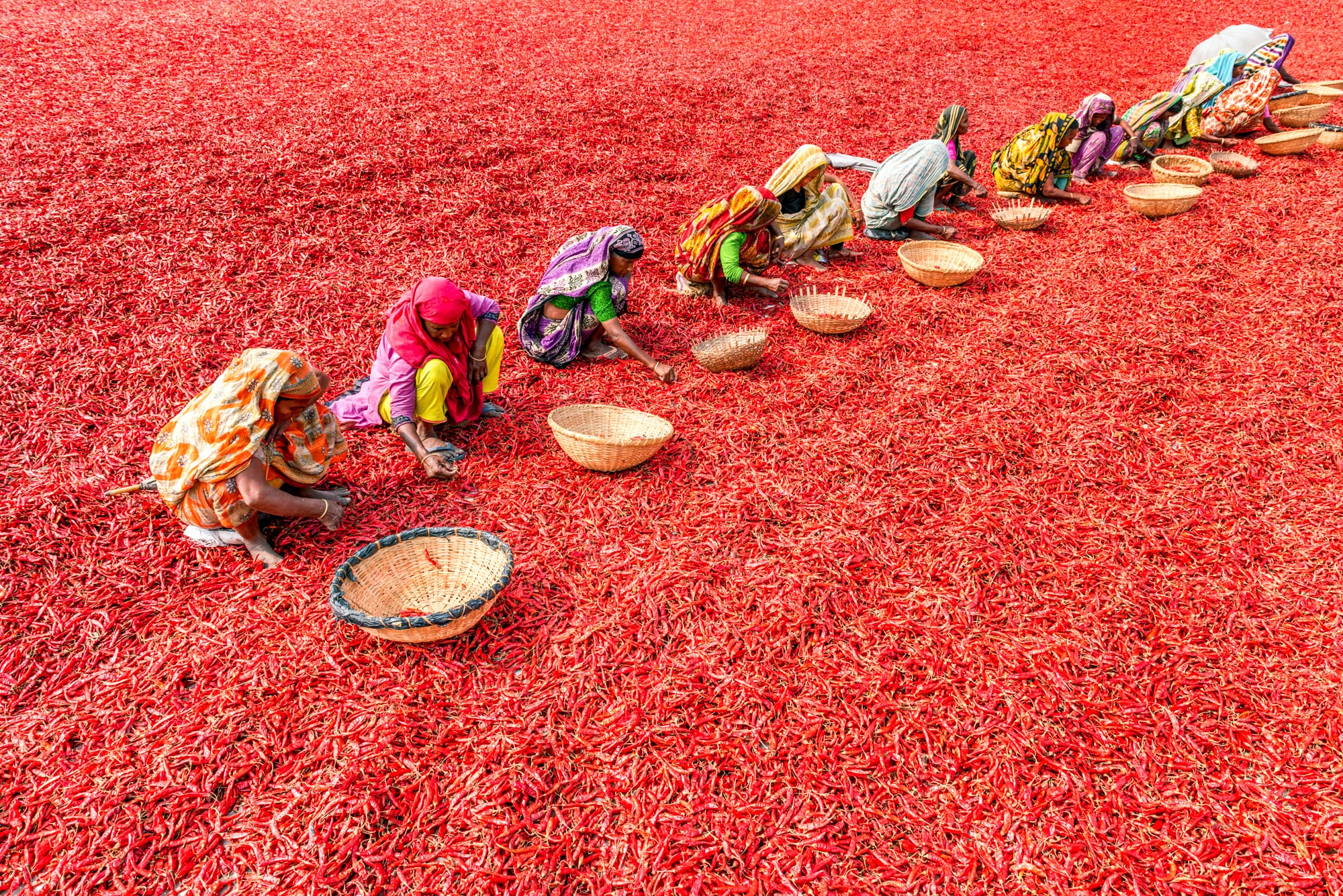For many years, Bangladesh was the poorest country in Asia. Climate change plays a big role in threatening the livelihood of a lot of rural Bagladeshi and maintaining poverty. Monsoon season brings the looming threat of floods annually, which have been increasing in frequency and the quantum of negative impact they have. Bangladesh, largely a flood plain (80%), suffers greatly from this, and communities with crops planted on flood plains are susceptible to losing an entire harvest. Women, especially, are vulnerable to poverty and as they often have to rely solely on their husband’s income, this often makes them more susceptible to harassment and abuse.
Especially northern districts like Bogra and Gaibandha are prone to natural disasters and the women there are not as aware of their human rights as a result of their customs, ethnicity and religion. The northern part of Bangladesh is where the most indigenous communities live, and they are highly dependant on agriculture, thus much affected by weather conditions and climate change. To help rural people in the district of Bogra harvest successful crops each year, organizations like Oxfam have joined together with local NGO’s to promote the cultivation of chili peppers on their land, as the chili plant proved to be most resilient to climate change. However, the chili market of Bangladesh has been relatively unstable due to the high import of chilis from India, their biggest competitor. So without the proper investments, local communities haven’t been able to get out of poverty for many generations after another. Therefor, the country’s biggest chili enterprise was encouraged by Oxfam and partners to give out loans to farmers locally, and help develop a market demand locally. The investments cover everything from buying equipment, such as chili drying mats and water pumps, to fertiliser. And more importantly, it’s allowing farmers to save and plan for natural disasters in the future.
In 2013, over 300 chili producers (of whom 90% were women) from Bogra and Fulchari received training on how to cultivate chilies, how to monitor the harvesting process and create an offset for their crops. What’s more, the farmers have organised themselves into producer groups, so they can pool their resources. It all means they can sell their chillies in bulk to the local food processing campies – so they’re earning more money, and saving on transport costs and market fees.
As a result, both Bogra farmers and chili enterprises are seeing a major spike in the local industry. Chandi Das Kundo, deputy director of the Department of Agriculture in Bogra, said the chili yield would be bumper this year, and the farmers were happy as they started getting good prices for their produce. Most specifically, the chili farming project also focuses on promoting the leadership role of women. As a result, they’re taking an active role in the local community-based organisation (CBO), and they’re growing in confidence every day, tackling issues like domestic abuse and child marriage, and getting more support from their husbands.
“Now I can contribute to my family on my own. I can provide clothes, pens and notepads, books. Before, my husband used to beat me, but after going to the meetings he doesn’t do it anymore. Now, we work together on everything. He gives me more respect.” – Joygun Islam, Bogra chili farmer.
Quite simply, the chillies have transformed many of the local womens’ lives. Now they’re earning more, they can feed their family, and put some money aside to prepare for the floods.
Want to read more about the ‘REE-CALL’ project? https://www.oxfam.org/en/countries/bangladesh
Picture was taken by Sohel Parvez Haque

